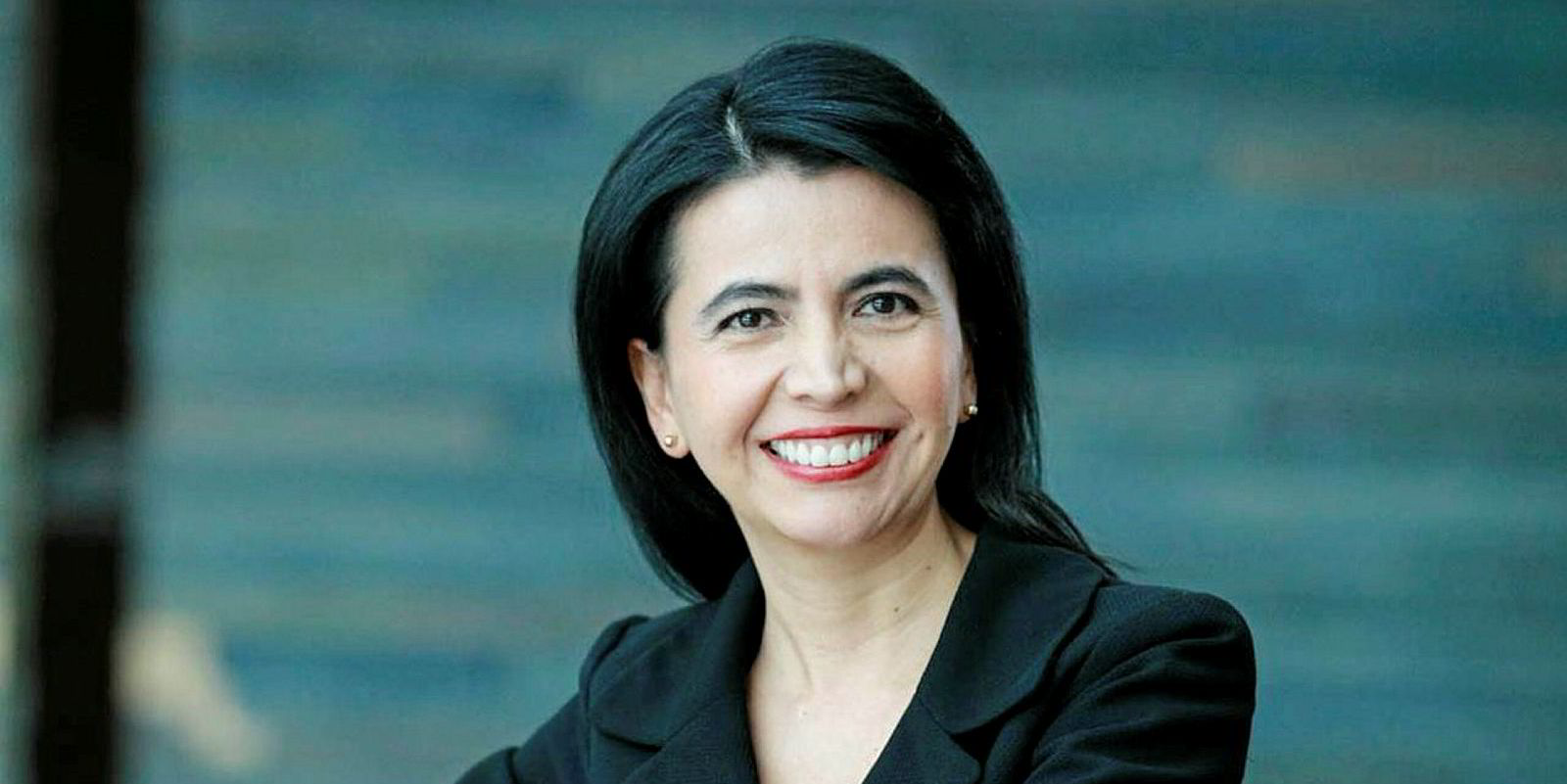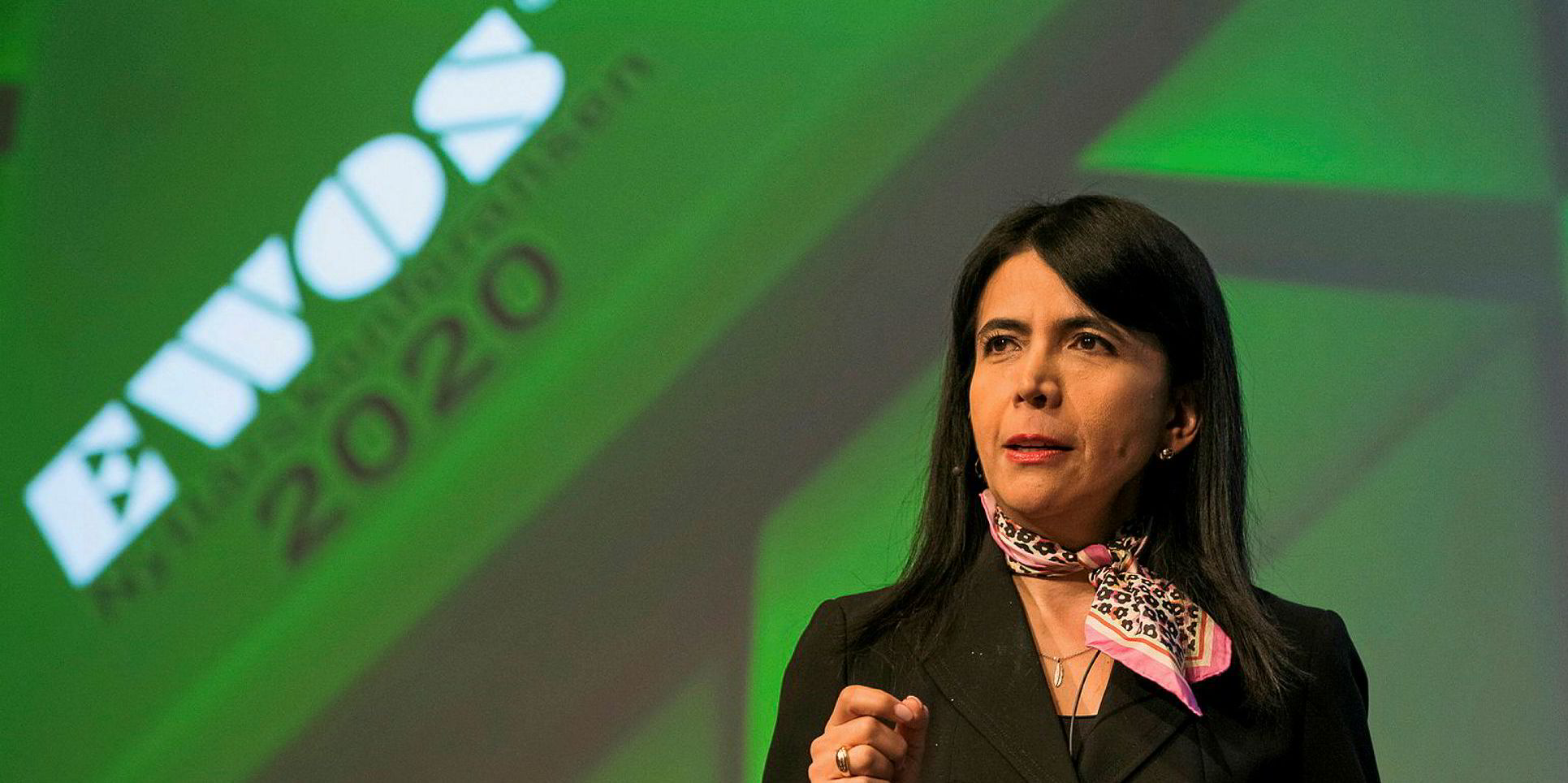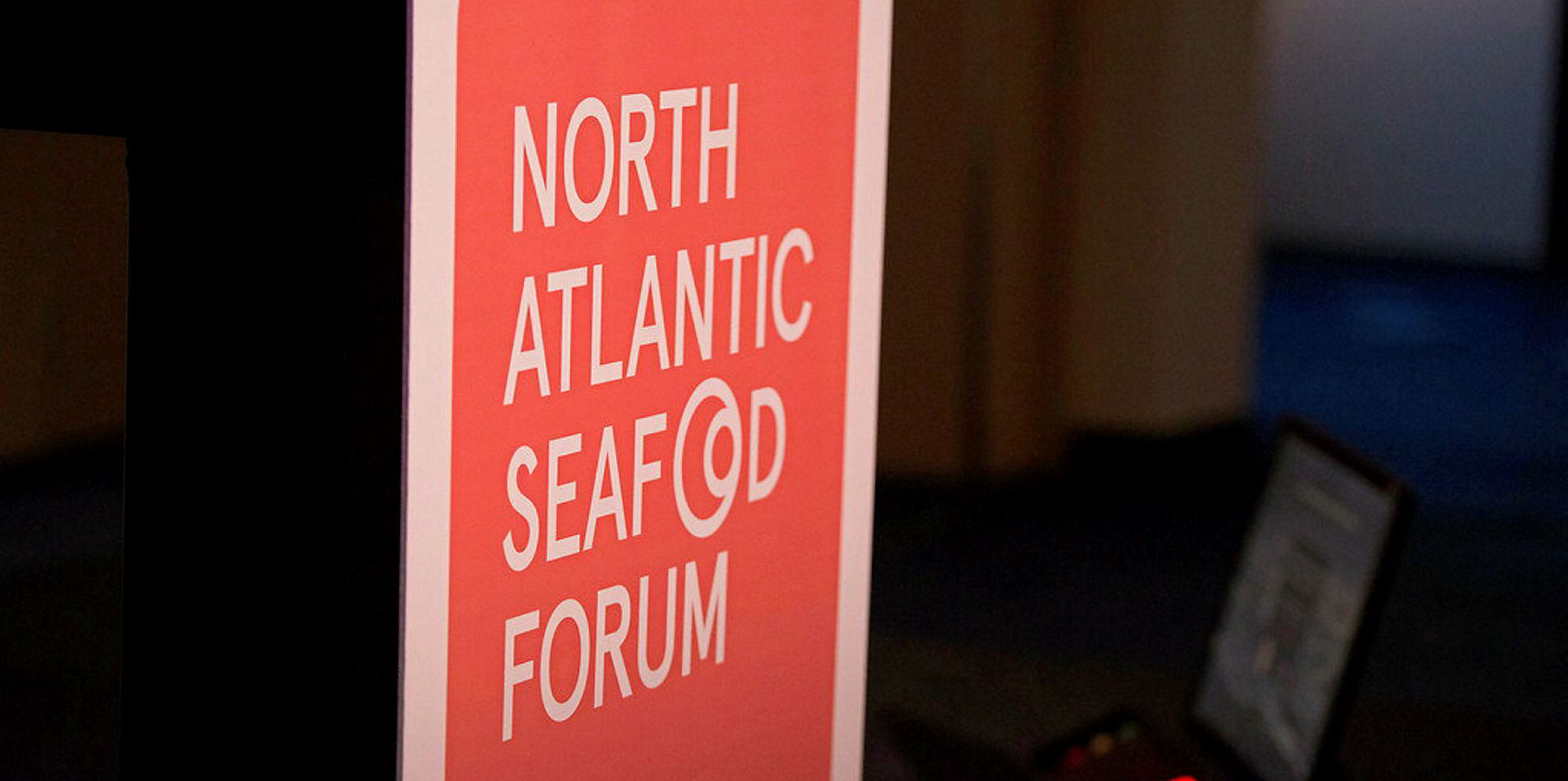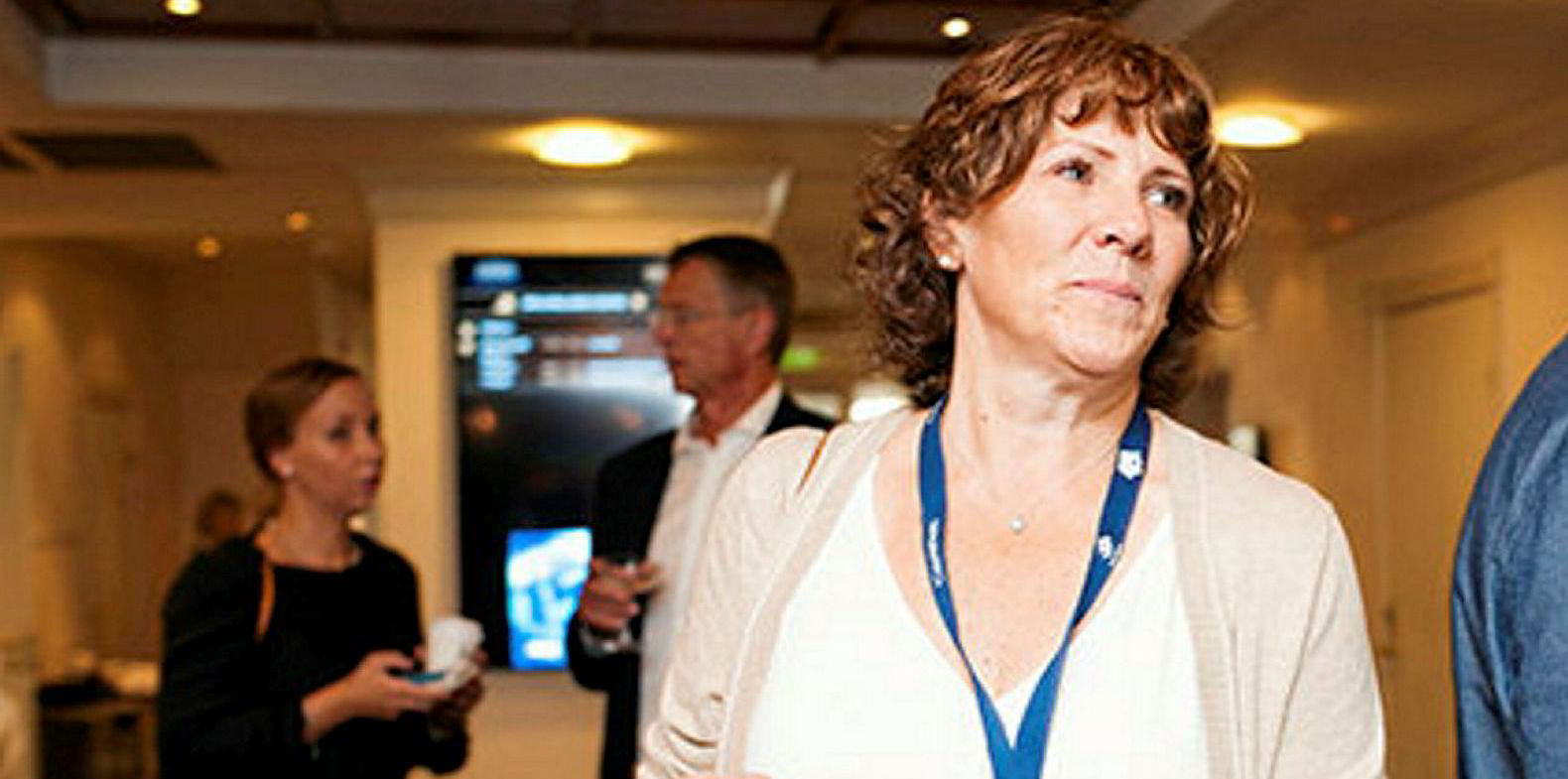What percentage of the workforce at Cargill is women? What sort of roles do they have?
Total women in the Cargill salmon aqua nutrition workforce has remained fairly steady the last couple years at around 17 percent. Women in management and administration for our Cargill salmon business has also remained consistently around 30 percent since 2016.
But in our factories, women account for only 8 percent in our North Sea salmon business. This reflects the challenge of gender diversity in manufacturing across many industries.
I’ll be honest, we can do better, and this is an opportunity for us to step up to the challenge. If you’re a talented woman thinking about opportunities in manufacturing, come talk to us.
What does equality mean to you?
The textbook definition of equality is being even, especially when it comes to status, rights, and opportunities. Certainly status, like compensation, and rights are important aspects of equality, but for me the key factor is opportunity.
Earlier in my career, I almost didn’t get an opportunity because I’m a woman. My boss at the time was concerned that I would not be accepted in the role because of my gender. We had a candid conversation and I convinced him to give me a chance, which helped me to continue to grow as a leader, a person and a mentor for talented women in our company.
For me, equality means that we are all granted opportunities regardless of our gender, race, religion, sexual orientation, political beliefs or any other of our differences -- and that is our commitment at Cargill.
It is rare for women to be in top management positions in the seafood industry. In your opinion, how has this influenced the direction of the industry? And what would you like to see a change in future years?
A diverse team brings a wide range of perspectives, resulting in creative and varied thinking that makes a business – or industry – more successful. Lacking diversity in leadership stunts this progress and innovation. Recognizing this, Cargill has a goal of achieving equal representation of women and men in senior leadership positions by 2030. In our North Sea salmon business, we are proud to be close to that target. You can read more about this fantastic leadership team here.
Do you believe aquaculture is a good industry for women to work in?
Aquaculture is a good industry for anyone to work in – our purpose is to help nourish the world, and we do it safely, responsibly and in a sustainably!
We offer exciting opportunities for women -- and everyone -- in a variety of areas, including sales, marketing, manufacturing, supply chain, sustainability and many others. At Cargill, we are interested in attracting diverse talent with potential, irrespective of gender. If you’re interested in working in this industry, give us a call. We’d love to talk with you!
This year’s International Women's Day theme #EachForEqual is about "collective individualism, making change happen through working together". Do you see this in the aquaculture industry, and what opportunities do you see for more of this?
Collaboration in our industry is strong, in my opinion, and some regions are already working together on this issue. Check out Women in Scottish Aquaculture (WiSA), which supports both women already working the industry and encourages women to join Scottish aquaculture at all levels.
How would you like to see the industry evolve in the future to attract and support the development of women?
I would like to see the expansion of opportunities for women to work in the industry’s STEM (science, technology, engineering and mathematics) roles. Like other industries, we will continue to see science and technology driving significant change in how we do business both profitably and sustainably.
We need more women – and more diversity – on these teams to drive this innovation that creates value for our customers.
Which women have or do still inspire you?
I don’t need to look very far for inspiration. At Cargill, Ruth Kimmelshue leads our business operations, integrated supply chain, research and development, and sustainability practices. She also oversees Cargill’s communications, brand and corporate responsibility functions. She has a big job, but simply put, Ruth has a passion for nourishing people and is one of the key leaders at Cargill ensuring we fulfill this purpose. She is an incredible role model for me.
What advice do you have for young women out there about to enter the workplace?
Bring your whole self to work each day -- your background, your experiences, your unique perspective, and more importantly, your optimism and positive attitude. That genuineness and vulnerability, with a dose of optimism, are what fuel the best teams.
This article is part of a series published by IntraFish in collaboration with the Global Salmon Intitiative to mark International Women's Day.






